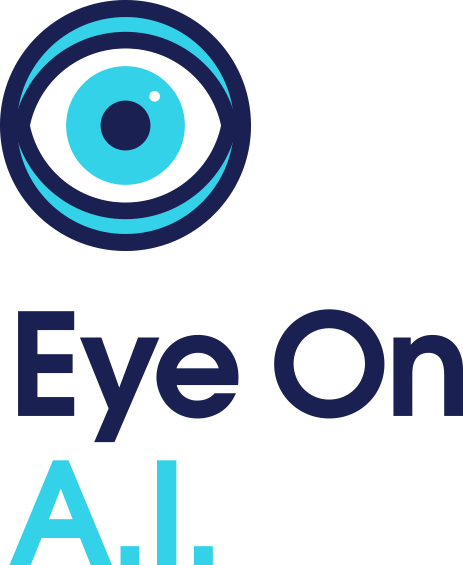BrainChip to look at US and European innovation centers in commercialization push
BrainChip to look at US and European innovation centers in commercialization push
TIM LEEMASTER
Roger Levinson, chief operating officer BrainChip
BrainChip, the Aliso Viejo, California-based and Australian-listed AI company, may open additional innovation and research centers in locations such as Silicon Valley and Germany, according to COO Roger Levinson.
The company is currently at work on its first center in Perth aimed at helping to commercialize the low power, neural network processor it has developed.
The company is targeting edge computing, where technology is sited closer to where it is used instead of distant servers in cloud computing networks.
The processor, called Akida, has applications in autonomous vehicles, vision-based robotics and drones, cybersecurity, facial recognition, acoustic analysis - such as keyword spotting – and surveillance. The company opened its Akida platform to developers in February.
The US granted BrainChip an export license for Akida in February to countries including Japan, Korea, China and Taiwan. The company said in January a second innovation center was planned later this year in Shanghai.
“Our key customers are focused on imaging,” Levison says. They include Danish security firm Telesikring and Gaming Partners International, a casino currency and table game equipment maker.
The US government in December released a study that found that most commercial facial recognition systems exhibited bias, and could falsely identify African-American and Asian faces as much as a hundred times more than Caucasian faces, according to a New York Times report. Another US study found a higher rate of mistaken matches among children as well.
Levinson expected the Akida processor to deliver better results as it can share real time learning across a number of devices. “It’s a flexible AI platform so you can fine tune as you find errors,” Levinson says.
Challenges the company faces include the current lack of standardization in edge computing and the Internet of Things. “It’s the Wild West and that just creates uncertainty,” Levinson says. “Customers are unfamiliar so there is a steep learning curve.”
Last year, the company raised AUD 10.7m (USD 7.1m) in a 1-for-4 entitlement offering and another USD 2.85m from the sale of a convertible note that matures in June to CST Capital. BrainChip can elect to extend that maturity for six months a total of three times. It had raised a total of AUD 30m in three follow ons in Australia from 2015 to 2017.
The company said losses rose to USD 7.1m in fiscal year 2018 from USD 6.7m the year before at its annual shareholder meeting in May 2019. It cut five sales and marketing staff in the 2018 fiscal year and has indicated more headcount reductions are planned.
The company and Japan’s Socionext America entered into a product development and manufacturing agreement for Akida last year. Socionext is a combination of Fujitsu and Panasonic’s former system-on-chip businesses, and is the second largest application specific integrated circuit design and development firm in the world.
The AI chip market is forecast to rise to USD 66bn in 2025, according to Tractica, the emerging technology market intelligence firm based in Colorado. It was worth USD 5bn in 2018.
BrainChip competitors include GyrFalcon and aiCTX as well as AI chip industry giants Intel and Nividia.

